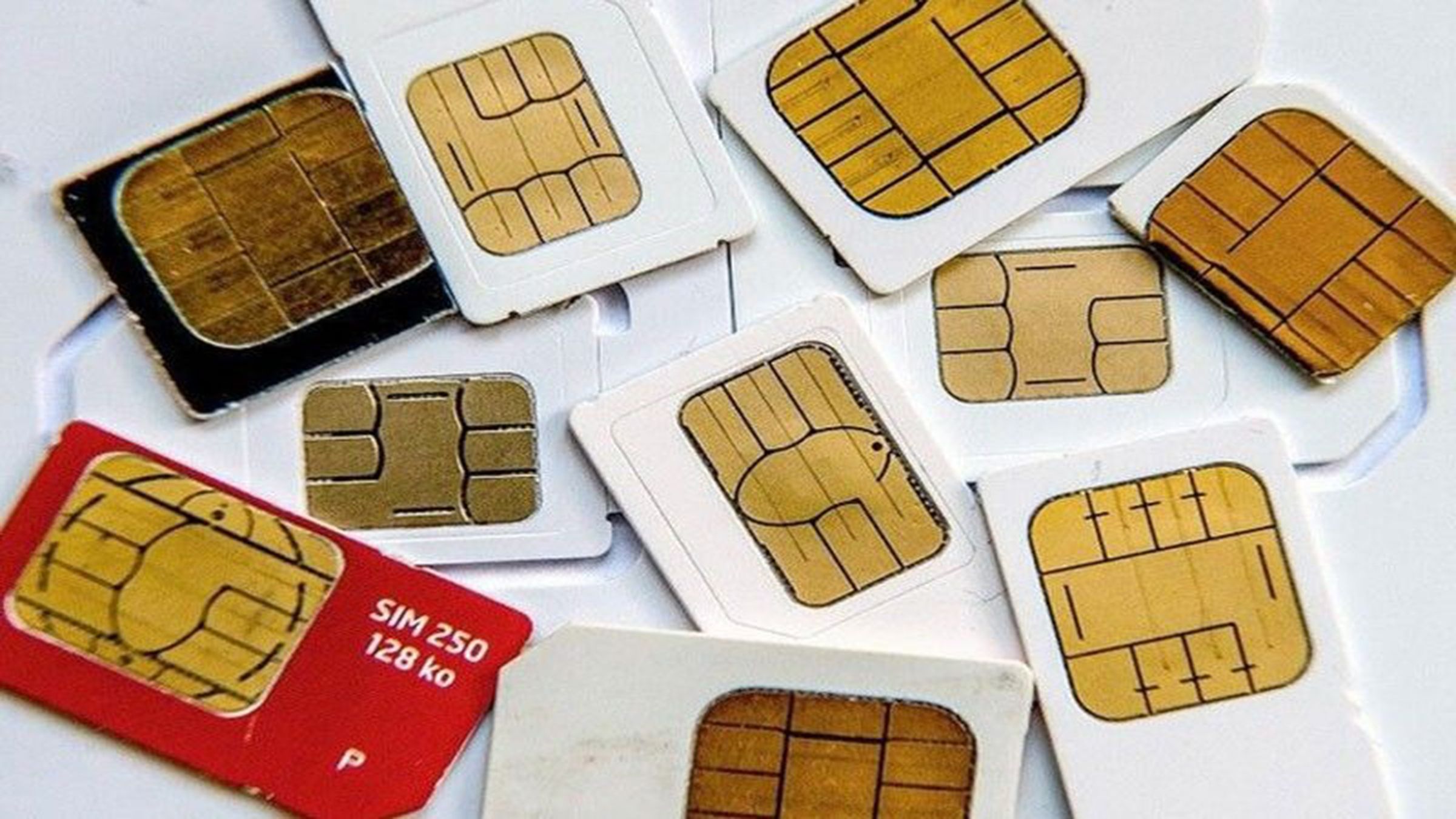Sen. Sherwin Gatchalian filed Resolution No. 133 to conduct an inquiry in aid of legislation on the proliferation of spam and phishing text messages in the country.
The surge in spam and phishing texts that mobile phone users have been getting became the reason for the Senate in passing a resolution to probe such intrusions to privacy and high incidents of identity thefts.
Legislators are now again pushing for subscriber identity module (SIM) Card registration, despite concerns from Information and communications technology (ICT) experts and rights organizations that it may violate people's privacy and may not even be effective in stopping fraud.
Sen. Sherwin Gatchalian filed Senate Resolution No. 133, which was emailed to reporters on Monday morning, noting that the most current wave of spam communications in recent weeks now include the recipient's name.
"It is alarming that while major telecommunications providers claim to have already blocked a significant number of spam and phishing text messages, the problem continues to hound many telco subscribers," Senator Gatchalian said.
Globe Telecom Inc. announced last year that it banned roughly 71 million spam messages and deactivated 5,670 mobile phone numbers over a six-month period in response to questionable job offers and suspicious links delivered through Short Message Received (SMS). Philippine Long Distance Telephone Company (PLDT) Inc. said over 23 million text messages were blocked because hackers were attempting to steal users' personal information.
The inclusion of the receiver’s name indicates a breach of consumers’ right to privacy and this breach also stirred fear online that personal data information has been exposed to data leak or data breach.
Majority of the spam communications that are reported include information that makes them seem to originate from reliable sources and attempt to collect sensitive user data such as usernames, passwords, and credit card information.
"The government must step up and do everything in its power to stop the prevalence of spam messaging.
It is the government's job to protect the privacy of the people so that those who want to take advantage of SMS do not become victims," said human rights lawyer Chel Diokno.
Diokno said he supports the proposal of former National Privacy Commission head Mon Liboro to require the registration of data brokers so the government can monitor and police their activities.
An interagency group led by the Cybercrime Investigation and Coordinating Center was created in November 2021 to address the issue, but Gatchalian said this has not stopped scam texts.
"It is clear that the steps taken by the inter-agency group to address this problem are not sufficient as subscribers continue to receive spam and phishing messages. More interventions need to be done by the government to effectively stop such activities," he concluded.
In a separate statement, Digital Pinoys, a network of digital advocates said the National Privacy Commission and the Department of Education should collaborate so that children may learn the fundamentals of protecting their personal information and being safe online.
Digital Pinoys National Campaigner Ronald Gustilo said
“We encourage the Department of Education (DepEd) to also start teaching cybersecurity to students as they are among the most vulnerable in cyberspace. They are more susceptible to scams and exploitation as they are not fully aware of the risks that come along with their gadgets.”
Gustilo said that considering the latest controversy over personalized spam texts, it is high time that government worked at ensuring that the risks are known even to the younger generation by including cybersecurity in basic education.
"Now that we are using gadgets like smartphones, tablets and laptops for education, we should also teach students how to take care of their personal accounts, and how to make sure that it will not be compromised. DepEd can create a curriculum where they teach cybersecurity from the basics up to the advanced levels of cybersecurity," he said.
The group also encouraged government agencies and local government units (LGUs) to distribute gadgets for the use of students to ensure that the gadgets are safe from cybersecurity threats.
Tags: #ScamMessages, #Security, #ResolutionNo133
